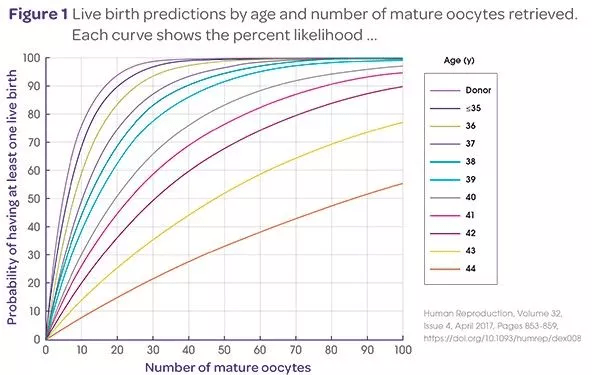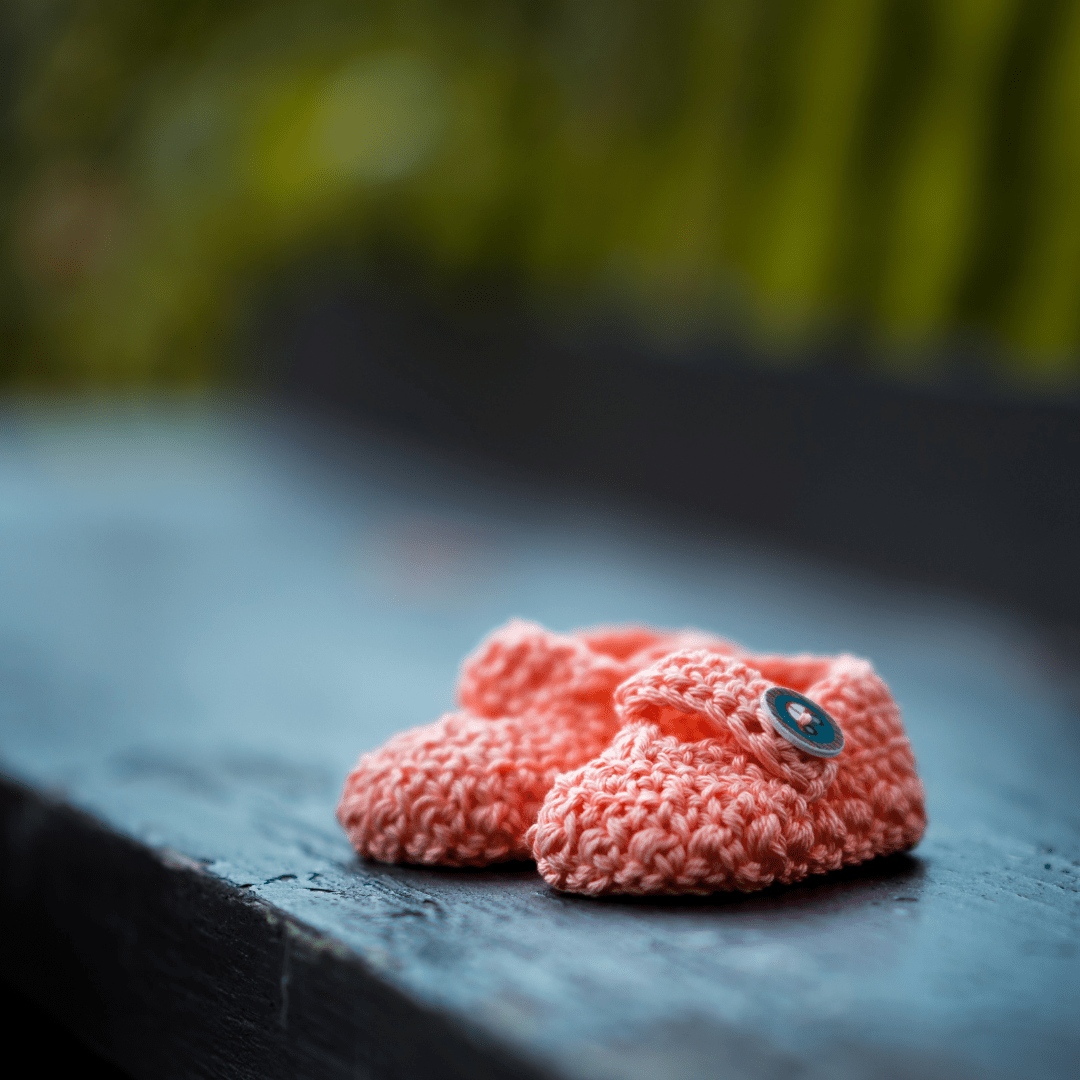
What’s your Fertility Plan and are you considering IVF?
Welcome to this free 6-part article series designed to help you determine your fertility plan and understand the steps you can take to optimise your fertility outcomes. Below you’ll find Part 6 – “Your Guide to IVF” If you’ve already read articles 1 to 5 feel welcome to skip this intro and get stuck into part 6 below. If this is, however, your first time finding out about this series – please read on to learn what it’s about, how it can help you and what to expect over the coming weeks.
Over this free 6 week article series we are going to discuss all potential options for those of you who are:
- single,
- in same-sex relationships,
- are gender non-conforming,
- or are in a heterosexual relationship.
In these articles I will address information around:
- trying to conceive,
- options if you have been struggling to conceive,
- considerations for those of you thinking about IVF,
- considerations for those of you currently undergoing IVF treatment,
- how beneficial naturopathy can be in optimising your fertility outcomes.
Opportunity to Ask Me Questions – LIVE
After each article release, you have the option to submit any questions you may have by 7pm Monday evening to the Create A Fertile Life Facebook group. If you’ve not yet joined that private group you are welcome to go there and request to join.
If you wish to submit your questions anonymously, you can private message the Fertile Ground Health Group Facebook page and admin will forward them to me.
Each Tuesday, I will be answering your questions live in this Create a Fertile Life Facebook group at 7pm AEDT, so we can all learn from each other. The first live session was Tuesday, June 8th at 7pm AEDT and these lives will run each Tuesday evening all the way through to Tuesday July 20th. Cut off for question submission is 7pm AEDT each Monday – the day before ‘live’ Tuesdays. You can always watch the recording if you miss the live, just jump onto the Create a Fertile Life facebook group and you’ll see it there.
Your Fertility Plan
Now, some of you may know exactly what your plan is, others may not have thought about it so concisely yet. Whatever stage you are at, I want you to provide you with the tools to determine what your fertility plan can look like and how you can optimise your outcomes with Naturopathy. Grab a pen and a piece of paper, or type in to a document on your phone/computer so that you can create the skeleton of the items that relate to YOUR individual journey and we will build on this each week over the 6 weeks of this series.
I am excited to be on this journey with you. If you’ve already registered for the whole free package, read on for part four below. If you’re just finding this free series now and would like access from part 1 all the way to part 6 – simply register here for your free access to the whole package
Part 6 – Your Guide to IVF
Did you know the first baby in Australia conceived using IVF was only born in 1980?1 The IVF process has developed quickly in the past 40 years, and has helped many individuals and couples successfully bring babies into this world. In some cases, the impact of IVF in achieving a successful live birth is undeniable, however IVF does not guarantee a successful live birth. One key and integral part of the fertility process that IVF can not do, is have the ability to positively influence the quality of the egg and sperm in order to optimise your outcomes. Even though IVF allows fertilisation to occur in a much more controlled environment, it can only work with the quality of egg and sperm you currently have. So if you begin the IVF process with suboptimal egg and sperm quality, which may very well be part of the reason as to why conception is not being successful for heterosexual couples for example, then you’re already starting the process on the back foot so to speak.
What is IVF?
In a nutshell, IVF is a process in which eggs and sperm are collected and placed together in a Petri dish to see if fertilisation occurs before transferring a successful embryo back into the uterus where hopefully a successful pregnancy occurs. But how do we get to that stage you may be wondering? IVF is a process that begins on the first day of your period (cycle day one) and involves hormonal stimulation to increase the amount of follicles (and therefore eggs) that your ovaries produce in one cycle, to try to maximise the chances of achieving fertilisation and successful pregnancy. For some individuals, this process may be omitted due to poor ovarian function and/or age, and involves the use of a donor egg in place of hormone stimulation.
Seems pretty straightforward, right? In some cases it is, in some cases it can be quite complex, and treatment may change from cycle to cycle depending on your results. However, no matter how straightforward or complex your case may be, there is always the opportunity to influence your egg and sperm quality, and endometrial health to support the transfer process to optimise your outcomes. But I’m getting ahead of myself. Let’s break down the IVF process from start to finish and understand what it entails. Then we can continue our outcomes optimisation later (may favourite part!).
The IVF Process
Each IVF cycle takes approximately 4 weeks, starting with treatment on the first day of your period, Cycle Day One, and finishes with your pregnancy (hCG) test which is conducted two weeks after embryo transfer. Many IVF clinics say that step one begins at the initial specialist appointment, but I count step one as seeing your GP to get a referral in order to book your fertility specialist appointment. So keeping in mind that these steps may have slight variations depending on your case (using donor eggs or sperm) and IVF clinic, starting from step one all the way to step thirteen, let’s break it down…
Step 1
Book an appointment to see your GP
You will need to see your GP in order to get a referral to see a fertility specialist. If you have a fertility specialist in mind, great. If not, your GP will be able to point you in the right direction.
Step 2
Initial fertility specialist appointment
At this appointment, your fertility specialist will review your medical history, previous investigations, and treatments. They may refer you for further investigations based on your case.1
Step 3
Pre-treatment fertility specialist consultation
At this appointment, your fertility specialist will confirm your treatment plan.1
Step 4
Fertility nurse appointment
Your fertility nurse will explain your treatment cycle timeline, the medication you need, and will show you how to administer any self-administered medications including Follicle Stimulating Hormone (FSH) injections.
Sign up below to read the next 13 steps.
Want to keep reading? Sign up to get instant free access to Sage’s preconception article series and find out about the intricacies of egg freezing, your menstrual cycle, sperm donor considerations, intercourse, conception, egg quality, egg carrying considerations, assisted reproductive technology, home insemination, the answers to your questions and more.
Written by Fertile Ground fertility Naturopath, Sage King.










